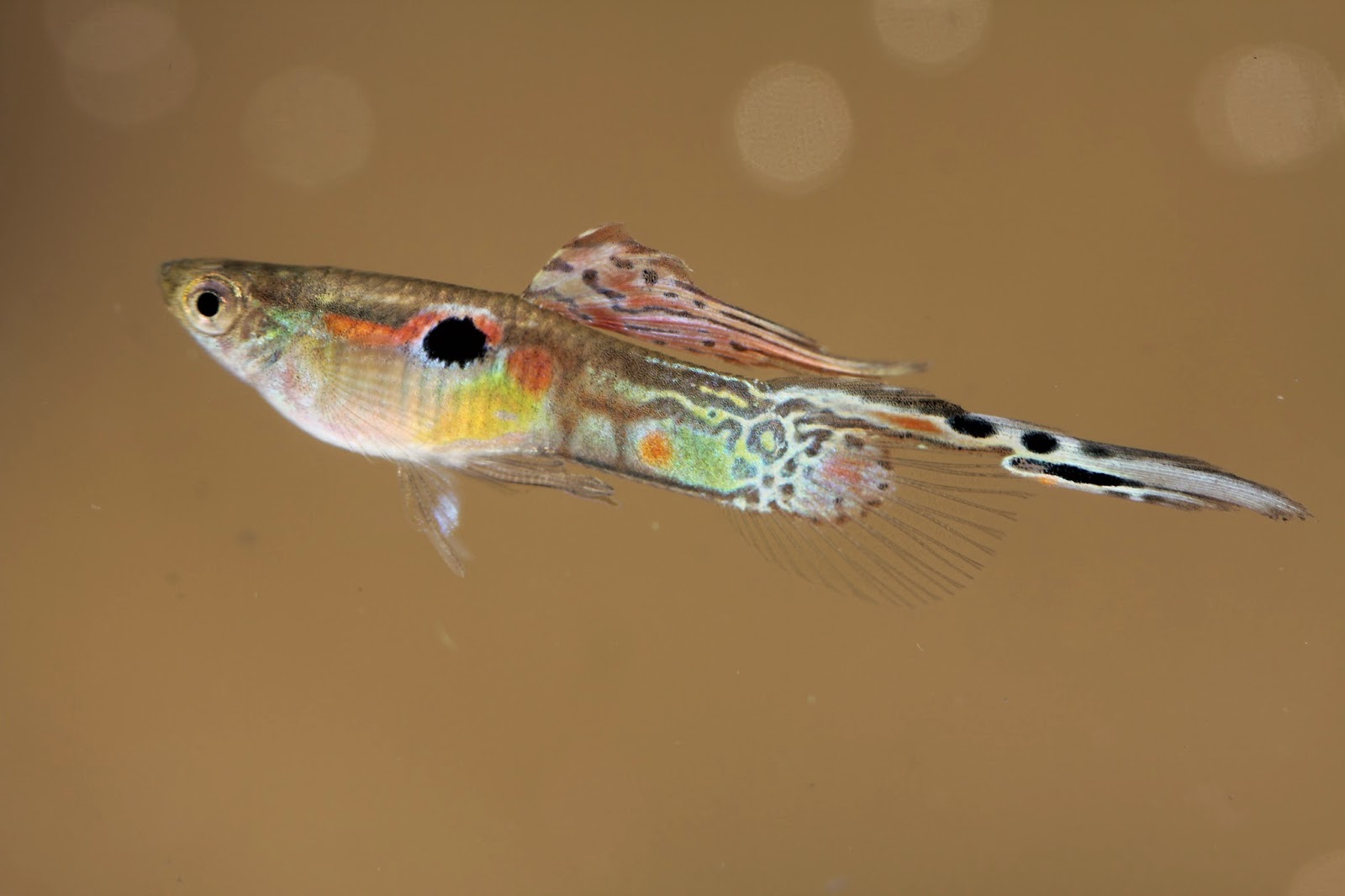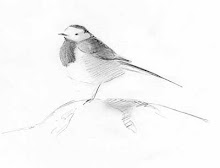Donnerstag, 27. November 2014
Freitag, 10. Oktober 2014
Variatus Hybrid #2
Hi Xipholovers,
Hybrid between wildstrain X.variatus "La Laguna" and fancy Variatus Tangerine:
Hybrid between wildstrain X.variatus "La Laguna" and fancy Variatus Tangerine:
cheers tobi
Donnerstag, 9. Oktober 2014
red Variatus Topsword without
Hi folks,
red Variatus Hybrid very rare nowadays:
Snakeskin Topsword without Snakeskin ( X-Over fish out of hundreds) Basecolor Bronce/Gold/Tiger !
cheers tobi
red Variatus Hybrid very rare nowadays:
Snakeskin Topsword without Snakeskin ( X-Over fish out of hundreds) Basecolor Bronce/Gold/Tiger !
cheers tobi
Sonntag, 5. Oktober 2014
OF Sky Blue
Hi folks,
do you remember this fish? It comes out of a Half Black White strain and was a gift oft Claus Osche to me. He spotted this odd HB White strain, probably with japanese origin, at a fish exchange market.
I crossed this lowersword with a multicolored deltatail female. Alls of his offspring became Old Fashion Multi.
Here is the in my opinion most exciting male of the F1. Interesting traits are: the yellow dorsal fin, the ability to show red und clearly a lot of green color. So this must be a type of Vienna Emerald Lowersword, but why the hell it shows only such a turquoise pattern. Made by selection or is it a recessive trait?
So now the F1 breeder Male:
The Sky Blue Caudal fin comes from the Multistrain...which throws Mosaic like mottled caudal fins and dark caudalfins with involvements. Look at the maternus affinis.
cheers tobi
do you remember this fish? It comes out of a Half Black White strain and was a gift oft Claus Osche to me. He spotted this odd HB White strain, probably with japanese origin, at a fish exchange market.
I crossed this lowersword with a multicolored deltatail female. Alls of his offspring became Old Fashion Multi.
Here is the in my opinion most exciting male of the F1. Interesting traits are: the yellow dorsal fin, the ability to show red und clearly a lot of green color. So this must be a type of Vienna Emerald Lowersword, but why the hell it shows only such a turquoise pattern. Made by selection or is it a recessive trait?
So now the F1 breeder Male:
The Sky Blue Caudal fin comes from the Multistrain...which throws Mosaic like mottled caudal fins and dark caudalfins with involvements. Look at the maternus affinis.
cheers tobi
Dienstag, 16. September 2014
half n year
nearly half n year ago there was my last post! sorry guys a lot of things changed in this time inna my life! New work, a lot of, and less time for Internet and Fish hobby!
Perhaps this will change some time one more...we will see!
But now I have some nice pics for you out there.
cheers & hope you like it
tobi
Perhaps this will change some time one more...we will see!
But now I have some nice pics for you out there.
 |
| young (just coloring) F1 Male, crossed the imported Mosaic Deltatail male to one of my Topsword females. Y-linkage (or maybe automomal dominant genetics) is confirmed! |
 |
| the import female died during this jorney, but it dropped this male and three sistern in the breathing bag. |
 |
| old fashion Mosaic Ivory Lutino |
 | |||
| Same fish without Lutino ;o) |
tobi
Sonntag, 20. April 2014
Easter Fish
Mittwoch, 5. März 2014
More than MBAG
Hi,
Moscow Blue Deltas have got two major traits.
the blue Moscow Metal Head and an additional Trait, which makes in addition with this Moscow Metal Head a whole blue fish. For itself this trait colors the peduncle and often also the caudalfin blueish dark.
Cause it is the traits , which makes in addition with the metalhead the Moscow Blue, wie call it M(moscow)B(lue)A(dditional)G(ene) (or in german MoskauBlauErgänzungsGen= MBEG).
In Modern Moscow Blues both traits can be on Y or/and on X....this depend on the strain.
Traditional it was Moscow Metalhead = Y and MBAG = X.
these DS I have showing clearly the Moscow Head and the dark peduncle+swords and also some grey/white markings at the fins...maybe from another fincolor-trait( maybe additional an DS trait).
here you can see one male in teasing action with the typical moscow blue shining in head-region.
cheers tobi
Moscow Blue Deltas have got two major traits.
the blue Moscow Metal Head and an additional Trait, which makes in addition with this Moscow Metal Head a whole blue fish. For itself this trait colors the peduncle and often also the caudalfin blueish dark.
Cause it is the traits , which makes in addition with the metalhead the Moscow Blue, wie call it M(moscow)B(lue)A(dditional)G(ene) (or in german MoskauBlauErgänzungsGen= MBEG).
In Modern Moscow Blues both traits can be on Y or/and on X....this depend on the strain.
Traditional it was Moscow Metalhead = Y and MBAG = X.
these DS I have showing clearly the Moscow Head and the dark peduncle+swords and also some grey/white markings at the fins...maybe from another fincolor-trait( maybe additional an DS trait).
here you can see one male in teasing action with the typical moscow blue shining in head-region.
cheers tobi
Dienstag, 4. März 2014
Moscow Blue Doublesword
Hi,
here you can see Moscow Blue Doubleswords (and some other mixed fish). They need a lot of breeding work, but their potential is amazing!
cya tobi
here you can see Moscow Blue Doubleswords (and some other mixed fish). They need a lot of breeding work, but their potential is amazing!
cya tobi
Samstag, 1. März 2014
Flamenco Dancer
Hi,
Flamenco Dancers are legendary but not very common in the german Guppyscene. Many other Magenta Phänotypes are called "Flamenco Dancer" too, but they arent.
FDs are a combination of Moscow(Y), Snakeskin(X) and Magenta (and sometimes Störzbach Metall).
Last week I found one FD. It looks like the first FDs, which comes from Tomoko Young (Honolulu US State Hawaii) to Germany around 2004.
Tim Uwe Jandeck bred them first. Ramona and Claus Osche got some stock from Tim Uwe and detected the genetically combination by testcrossing.
T.U. Jandecks Homepage Web-Archiv
My FD in normal mood - looking like an usual Magenta Metalhead (Y liked Moscow and Snakeskin)
when teasing his female it got a dark velvet coloration, you see at the pic below. So the coloration changes by light (the angle of entry) and(!) the mood of the fish. So this is a very vivid colortype of guppy.
thanxs for reading :)
tobi
Flamenco Dancers are legendary but not very common in the german Guppyscene. Many other Magenta Phänotypes are called "Flamenco Dancer" too, but they arent.
FDs are a combination of Moscow(Y), Snakeskin(X) and Magenta (and sometimes Störzbach Metall).
Last week I found one FD. It looks like the first FDs, which comes from Tomoko Young (Honolulu US State Hawaii) to Germany around 2004.
Tim Uwe Jandeck bred them first. Ramona and Claus Osche got some stock from Tim Uwe and detected the genetically combination by testcrossing.
T.U. Jandecks Homepage Web-Archiv
My FD in normal mood - looking like an usual Magenta Metalhead (Y liked Moscow and Snakeskin)
when teasing his female it got a dark velvet coloration, you see at the pic below. So the coloration changes by light (the angle of entry) and(!) the mood of the fish. So this is a very vivid colortype of guppy.
thanxs for reading :)
tobi
Lazuli Halftuxedo Saddleback
Hi,
this specimen I got from Robert Gall. It is a Lazuli Saddleback Halftuxedo with heterozygote basecolor Asia Blue.
Asia Blue did not "cheat" the Yellow Pigment of the Halftuxedo pattern.
nice to know ;)
cheers tobi
this specimen I got from Robert Gall. It is a Lazuli Saddleback Halftuxedo with heterozygote basecolor Asia Blue.
Asia Blue did not "cheat" the Yellow Pigment of the Halftuxedo pattern.
nice to know ;)
cheers tobi
Freitag, 31. Januar 2014
Breeding by visual control
Hi folks,
I got a copy of Larry Konigs Book: "Portrait of the Guppy" where he described a breeding method called:
"Breeding by visual control". I love this old book...wish to have an original one.
I got a copy of Larry Konigs Book: "Portrait of the Guppy" where he described a breeding method called:
"Breeding by visual control". I love this old book...wish to have an original one.
Montag, 27. Januar 2014
Abonnieren
Kommentare (Atom)






























